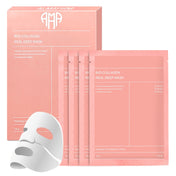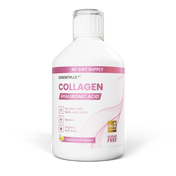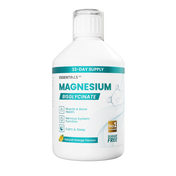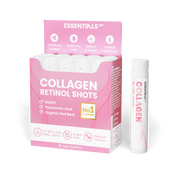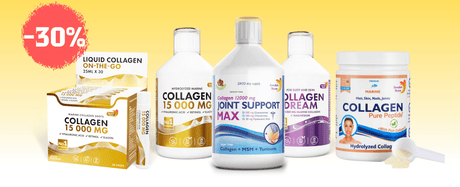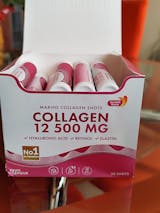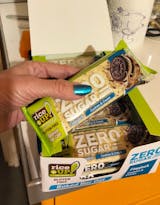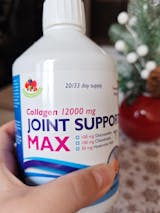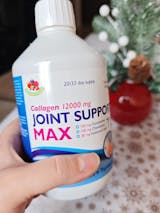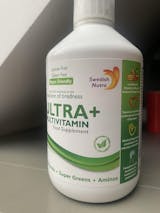Retinol: The Anti-Aging Powerhouse You Need to Know About
Retinol, a form of vitamin A, has become a household name in the skincare world. Its reputation as an anti-aging powerhouse is well-deserved, but understanding retinol and its benefits requires a little more than just throwing the word around. This article will delve into the science behind retinol, its various benefits, how to use it effectively, and what to consider before incorporating it into your skincare routine.
What is Retinol?
Retinol is a naturally occurring vitamin A derivative found in many foods. In skincare, it's a powerful ingredient with a wide range of benefits. It works by increasing cell turnover, stimulating collagen production, and reducing the appearance of wrinkles, fine lines, and hyperpigmentation.
Benefits of Retinol for Skin
Here's a breakdown of the key benefits of retinol for your skin:
- Anti-aging: Retinol helps reduce the appearance of wrinkles, fine lines, and age spots by boosting collagen production and cell turnover.
- Acne Treatment: Retinol can help unclog pores, regulate sebum production, and reduce inflammation, making it an effective treatment for acne.
- Hyperpigmentation Reduction: Retinol helps fade dark spots, sunspots, and other forms of hyperpigmentation by promoting cell turnover.
- Skin Texture Improvement: It can help improve the overall texture and tone of your skin by smoothing out rough patches and reducing the appearance of pores.
Types of Retinoids
Retinol is just one type of retinoid, a broader class of vitamin A derivatives. Other popular retinoids include:
- Retinaldehyde: A slightly milder form of retinol, considered easier to tolerate by sensitive skin.
- Retinoic Acid (Tretinoin): The strongest form of retinoid, often prescribed by dermatologists for severe acne and wrinkles.
- Adapalene and Tazarotene: Other prescription retinoids used for acne treatment.
How to Use Retinol
Here are some key tips for incorporating retinol into your skincare routine:
- Start Slow: Begin by using a low concentration of retinol (0.01-0.03%) once or twice a week. Gradually increase frequency and strength as your skin tolerates it.
- Apply at Night: Retinol is more effective when applied at night because sunlight can deactivate it.
- Use a Pea-Sized Amount: A little goes a long way. Apply a pea-sized amount to your face, neck, and décolletage.
- Avoid Using with Other Irritating Ingredients: Retinol can be irritating, so avoid using it with other harsh ingredients like AHAs or BHAs.
- Moisturize: Apply a good moisturizer after applying retinol to help soothe and hydrate your skin.
- Sun Protection: Retinol can increase your skin's sensitivity to the sun, so always use sunscreen during the day, even on cloudy days.
Side Effects of Retinol
Retinol can cause some side effects, especially in the early stages of use. These may include:
- Dryness and Flaking: This is common, especially when starting out. Moisturize regularly and gradually increase the frequency of use to help your skin adjust.
- Redness and Irritation: Some people experience mild redness and irritation. If this occurs, discontinue use and consult your dermatologist.
- Increased Sensitivity to the Sun: Always wear sunscreen when using retinol, as it can make your skin more susceptible to sunburn.
Who Should Avoid Retinol?
Retinol is generally safe for most people, but certain individuals should avoid it:
- Pregnant and Breastfeeding Women: Retinol can be harmful to developing fetuses and infants. Consult your doctor before using it if you are pregnant or breastfeeding.
- People with Sensitive Skin: Retinol can be irritating for some people. If you have sensitive skin, start with a low concentration and use it sparingly.
- People with Certain Skin Conditions: If you have eczema, rosacea, or other skin conditions, it's best to consult your dermatologist before using retinol.
Conclusion
Retinol is a powerful and versatile skincare ingredient that can help address a variety of skin concerns, from wrinkles to acne. By using it correctly and following the tips outlined above, you can harness its benefits and achieve a healthier, more youthful complexion. Remember, consistency is key, and results will take time. If you have any concerns about using retinol, consult your dermatologist for personalized advice.
This information is for educational purposes only and should not be considered medical advice. Always consult with a qualified healthcare professional before making any decisions related to your health or treatment.


